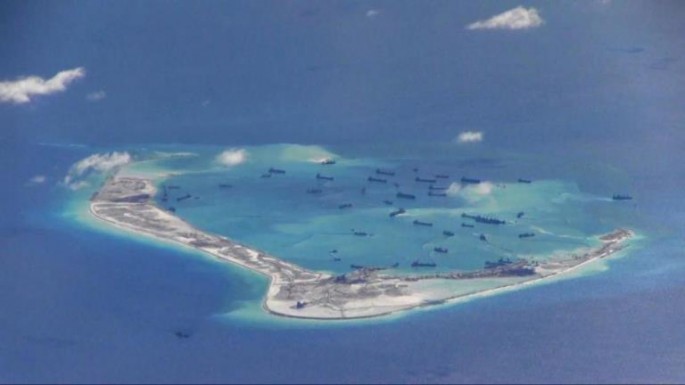The international court ruling of the case filed by the Philippines against China in the Permanent Court of Arbitration in the Hague could be a vital turning point for the years-long maritime dispute.
A column by William Gallo in Voice of America said that the ruling of the tribunal "could have wide-ranging implications for China's sweeping claims in one of the world's most important and bitterly contested waterways."
Gallo pointed out that while the decision may not determine which country has the rightful sovereignty over the disputed islands and waters, the ruling could still incite major effects on both countries and the territories they are fighting for.
The Arbitration in the South China Sea
The arbitration case filed by the Philippines in Jan. 2013 indicates the country's purpose of declaring the territory China claims to be theirs should comport to the United Nations Convention on the Law of the Sea (UNCLOS).
If such ruling is passed, it means that China's claims would be deemed invalid under the eye of international law.
The Philippines' case also seeks a ruling that would classify the maritime features occupied by China "as rocks, low tide elevations, or submerged banks, but not islands."
It also seeks a declaration stating that the Philippines has the right to operate inside its exclusive economic zone (EEZ) and continental shelf, per the UNCLOS outline, without getting harassed by the Chinese.
In response, China rejected the Philippines' claims by filing a Note Verbale in February of the same year and called on to the Philippine government to resolve the conflict by means of bilateral talks with them.
Since then, the battle continued with China still refusing to acknowledge arbitration and did not submit a memorial to the international court in response to one submitted by the Philippines.
The Ruling
According to Gallo in VOA, the ruling that is expected to be released anytime soon is considered technically binding.
While there is no way that the UNCLOS can enforce the rulings or even impose any sanctions or penalties to those who ignore its decisions, a ruling in favor of the Philippines could put diplomatic pressure on China and even urge other countries to stand against the Asian giant.
"A ruling against China would also set an important legal precedent and become part of international law," Gallo explained. "It could also encourage other countries [that] have territorial disputes with China to take similar legal action."



























